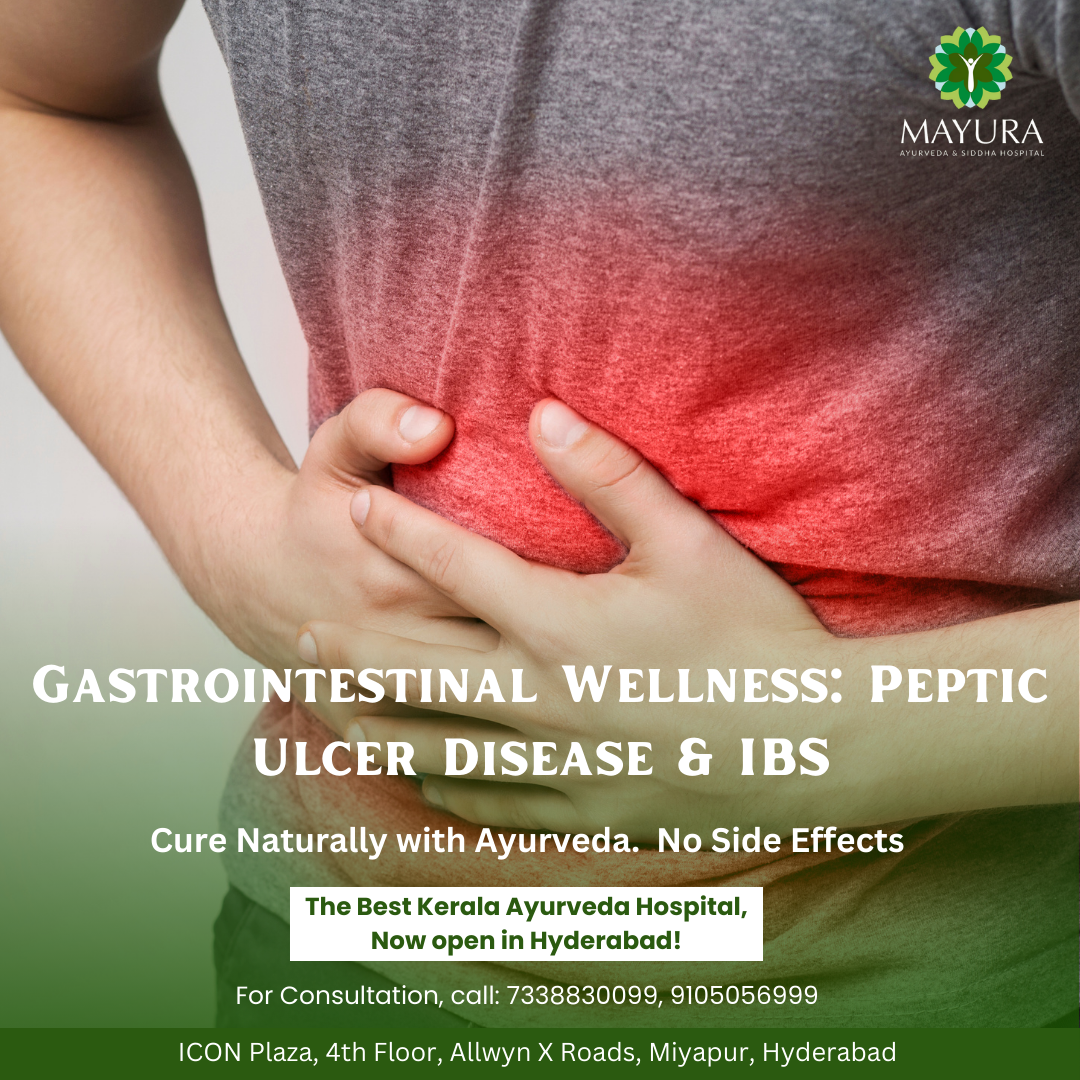Gastrointestinal wellness is crucial for overall health and quality of life. Two common conditions affecting the digestive system are Peptic Ulcer Disease (PUD) and Irritable Bowel Syndrome (IBS). While they differ in their causes and symptoms, both can significantly impact daily life if left unmanaged.
Peptic Ulcer Disease (PUD):
PUD primarily affects the stomach and the upper part of the small intestine. It occurs when the lining of these areas is damaged by stomach acid. This can lead to symptoms such as abdominal pain, bloating, heartburn, and nausea. The most common cause of PUD is infection with the bacterium Helicobacter pylori (H. pylori) and long-term use of nonsteroidal anti-inflammatory drugs (NSAIDs).
Treatment for PUD often involves a combination of medications to reduce stomach acid production, antibiotics to eradicate H. pylori infection if present, and lifestyle modifications such as avoiding NSAIDs and alcohol. In severe cases, surgery may be necessary to repair complications like perforation or bleeding ulcers.
Irritable Bowel Syndrome (IBS):
IBS is a chronic condition characterized by abdominal pain, bloating, diarrhea, and constipation. Unlike PUD, the exact cause of IBS is unknown, but factors such as diet, stress, and abnormalities in the gut microbiome may play a role. Diagnosis of IBS is typically based on symptoms and the exclusion of other conditions through various tests.
Management of IBS focuses on symptom relief and improving quality of life. This often involves dietary modifications, stress management techniques, probiotics, and medications to alleviate specific symptoms like antispasmodics for abdominal pain or laxatives for constipation. It’s essential for individuals with IBS to work closely with healthcare providers to develop a personalized management plan.
Holistic Management Approaches:
In addition to conventional treatments, holistic approaches can complement medical interventions for both PUD and IBS. These may include:
Dietary Changes: Avoiding trigger foods such as spicy or fatty foods, caffeine, and alcohol can help alleviate symptoms.
Stress Reduction: Techniques such as mindfulness, meditation, and yoga can help reduce stress levels, which may exacerbate symptoms.
Probiotics: Certain strains of probiotics have shown promise in managing gastrointestinal symptoms by promoting a healthy gut microbiome.
Herbal Remedies: Some herbs like peppermint oil have been studied for their potential to relieve symptoms of IBS, although more research is needed.
Acupuncture: Traditional Chinese medicine techniques like acupuncture may provide relief for some individuals with digestive issues.
In conclusion, maintaining gastrointestinal wellness involves understanding conditions like PUD and IBS and adopting a multifaceted approach to management. By combining medical interventions with holistic strategies, individuals can better manage symptoms and improve their overall quality of life.
















